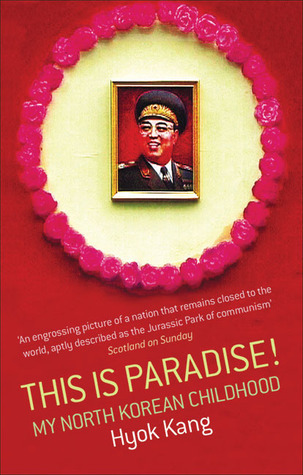What do you think?
Rate this book


224 pages, Paperback
First published January 1, 2004
The official slogans changed as the famine ravaged the country. At the very beginning, in 1995, the cadres encouraged us o accept what was called a ‘forced march towards victory’. The term referred to the ‘forced march’ undertaken by Kim Il-Sung and his partisans during the war against the Japanese occupying forces. The following year, the battle-cry was ‘Let us speed up the forced march towards the final victory.’ When the hunger had reaches its worst, another new slogan appeared: ‘Let us not live today for today, but let us live today for tomorrow’. By now, the poorest people had been reduced to eating boiled pepper leaves or bean leaves. Some families came to us to beg us for left-over tofu that my mother cooked, or even the whitish liquid produced when it was being made. They drank it mixed with saccharine. After a certain period of time their faces swelled up. When I saw people with puffy faces tottering towards the house, I knew that was what they were coming for. Shortly after that we too had to start eating pine bark.